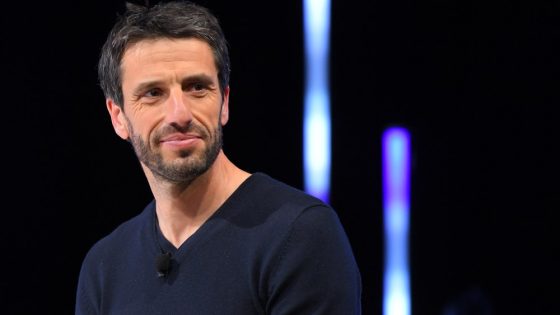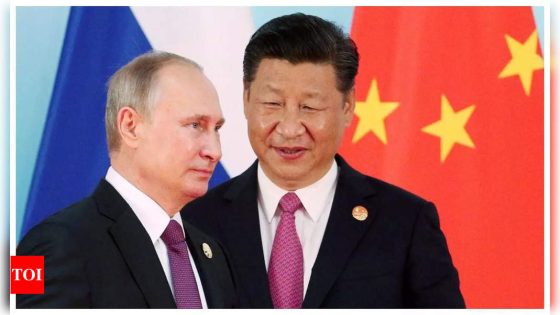With France on its highest level of security alert amid geopolitical turmoil in Ukraine and the Middle East, organizers behind the Paris Olympics are still going ahead with ambitious plans to host the opening ceremony along the Seine river on July 26.
Emmanuel Macron, the president of France, said on Monday in an interview with French outlets BFM TV and RMC that the opening ceremony could relocate to an indoor location “depending on our analysis of the context.” “We have fallback scenarios. There are plan Bs and plan Cs,” Macron said, citing the Stade de France as an alternate location.
Under the current plans put together by Tony Estanguet, the gold-medal winning French athlete who presides over the Paris 2024 Summer Olympics, as many as 10,500 athletes from all around the world will parade on boats along the six-kilometer Seine River. Macron suggested the itinerary might be shortened. Original plans have already been downsized by French Interior minister Gerald Darmanin who said in January that the ceremony will be accessible to a crowd of approximately 300,000 spectators instead of the 600,000 people initially envisioned.
Estanguet, meanwhile, says he still has faith that the opening ceremony will unspool along the Seine and emphasizes that the Olympics will be organized under an unprecedented security protocol that has been in the works for over four years. It will involve tens of thousands of police and military forces, along with private security. There will be more than 2,000 private security agents and 45,000 security forces, as well as state services who will ensure waterway and aerial security.
Referring to eventual fallback plans, Estanguet said some “contingency plans” were being prepared, notably one that would see the opening ceremony confined to the Trocadero area. In the worst-case scenario, Estanguet said the Stade de France, a national stadium located just north of Paris, could potentially host the opening ceremony.
In an interview with Variety, Estanguet said “France submitted a bid to host these Olympics a few months after the 2015 Paris attacks to defend its ideals of freedom and fraternity in dark times.”
“It was our way of showing our faith in the future and now it’s time to celebrate what we’ve achieved,” Estanguet said.
Along with the opening ceremony on the Seine, the competitions will also be held at iconic Parisian landmarks such as the Eiffel Tower, Versailles Palace and Place de la Concorde, as well as in sites across seven more cities in France and in Tahiti. As many as three to four million people are expected to attend the Olympics in Paris.
Source Agencies




